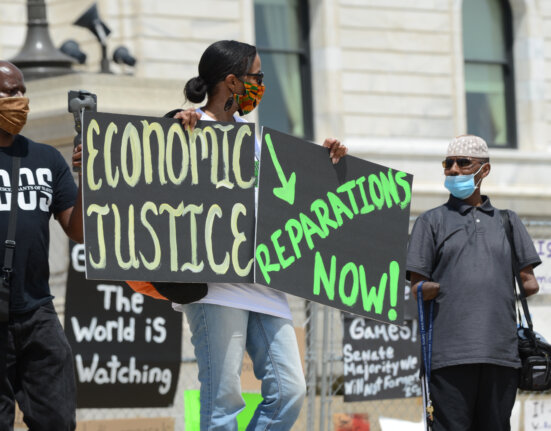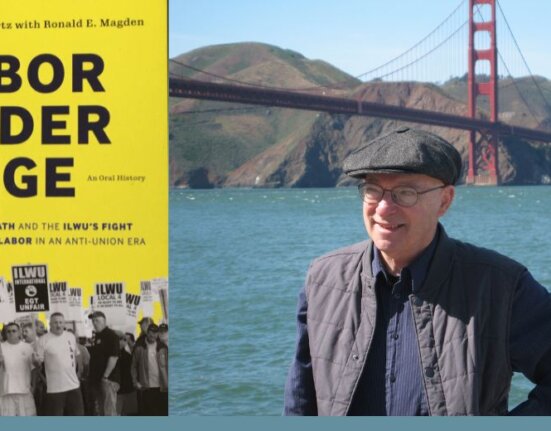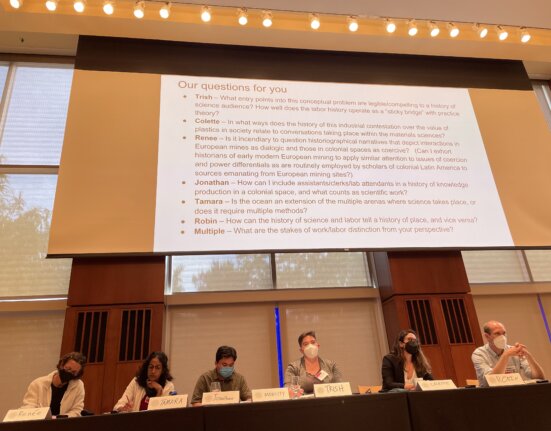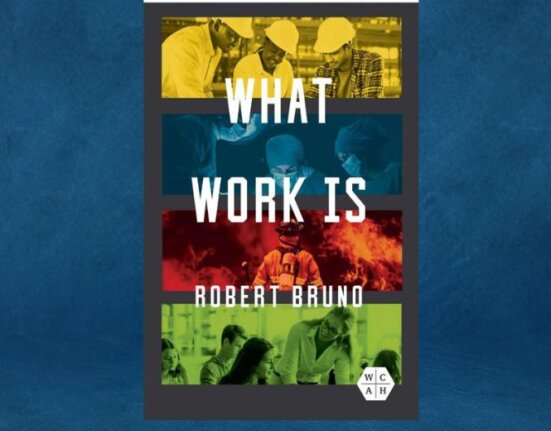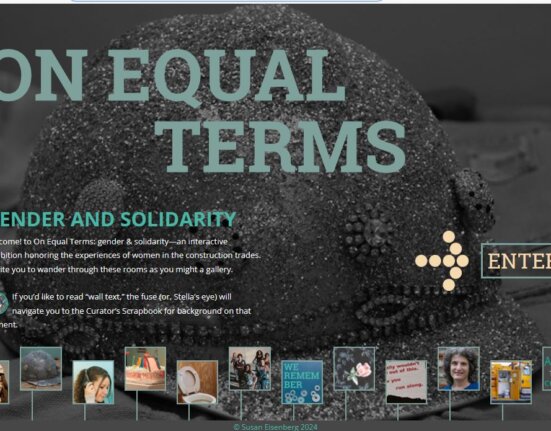Often, academics research and teach about problems that need fixing without engaging with activists on the proverbial front lines. Often, younger activists remain unaware that previous generations have fought similar struggles. So it was with great pleasure last week that I went to a small office in a corner of Queens rarely visited by New Yorkers, let alone tourists, to speak to dozens of workers. They eagerly listened to my presentation about the past history of the Industrial Workers of the World in order to inform their current struggles, as members of Brandworkers. Together, we sought to attack the historical amnesia that can weaken social movements.
Better known by their nickname, the Wobblies, the IWW burst on the scene in the early 20th century and quickly became a powerful, labor-left force to be reckoned with—across the United States, Canada, the Caribbean, parts of South America, Europe, and beyond. The legendary motto of the Wobblies, “an injury to one is an injury to all” still makes sense to people in this country and around the globe, including in South Africa where many unions, notably the labor federation COSATU, deploy the slogan on its masthead and logo.
Brandworkers and the IWW today are allied to create a campaign called “Focus on the Food Chain” that seeks to organize the 35,000 workers in NYC who toil in local food processing and distribution. Most of these workers are immigrants and people of color—from Latin American and Asian countries like the Dominican Republic, Mexico, and China. Truly, these workers toil: for low wages and long hours, with exploitative bosses who often demand extra work for no pay (“wage theft”) and constantly seek to divide workers along ethnic and national lines.
The working class was—and remains—the most diverse segment of the United States and frequently was exploited by employers to devastating effect against unions. However, Local 8, led by the African American Ben Fletcher, dominated the Philadelphia waterfront for a decade around World War I by overcoming the longshoremen’s ethnic, national, and racial differences to forge a strong and militant union. Local 8’s members committed themselves to ethnic, gender, and racial equality because they understood that employers often used workers’ diversity as a powerful wedge to divide and, thereby weaken, workers. By contrast, Wobblies wanted “to build a new society from within the ashes of the old.”
Fast-forwarding to 2012, Wobblies still strive to organize workers that other unions refuse to including day laborers, part-timers, and immigrants. Brandworkers and the IWW have targeted numerous food manufacturers in Queens and Brooklyn. Cleverly using labor law (surely, something not done by old-time Wobblies!), Brandworkers has won multiple lawsuits worth several million dollars in back pay for workers who suffered from employers’ “wage theft” and other forms of exploitation. Now, they seek to expand on their gains by organizing even more such factories.
Like Local 8, Brandworkers’ members are deeply committed to equality for all people, improving the material lives of working class people, and raising awareness about the need to transform our world because so much inequality of so many sorts still exist. In the room were organizers fighting for this new society: educated, young, radicals from New York City as well as Los Angeles, Ecuador, Mexico, and the Dominican Republic. Alongside these folks were day laborers, bakers, and truck drivers, many of whom work in New York City’s numerous food processing factories. Also present were a few gray-haired folks, radicals of an earlier generation, happy to see that there still are younger people who choose to “fan the flames of discontent.” I confess that I was quite happy, even honored, to be present, too.


